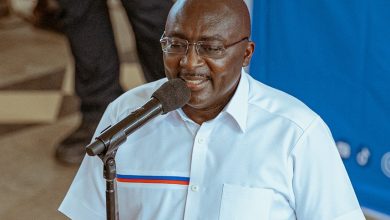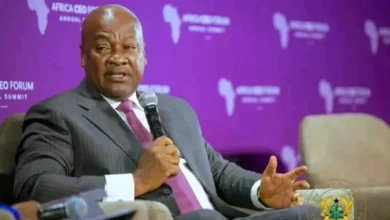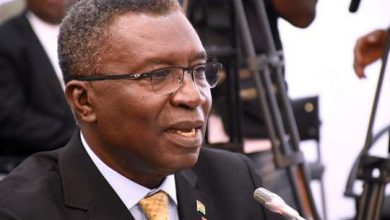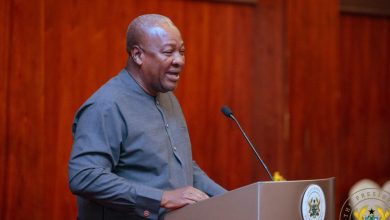Alleged threat of electoral violence: Manhyia South NDC organiser fights back tears as court grants him bail
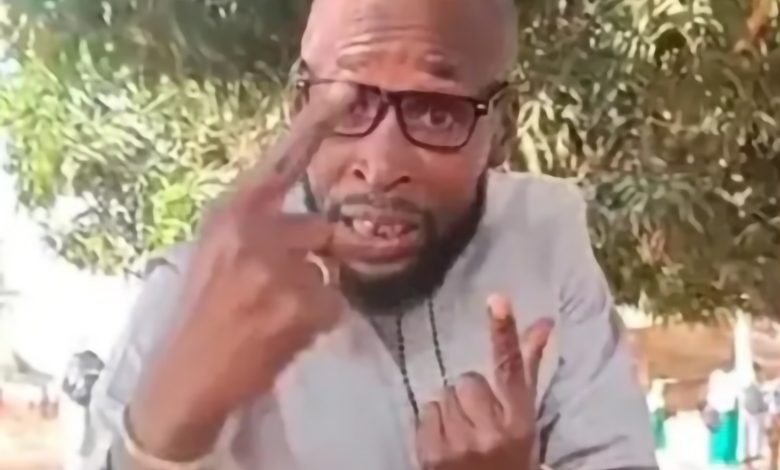
The Manhyia South organiser of the National Democratic Congress ( NDC), Mustapha Alhassan was yesterday, February 29, granted bail by the KMA Circuit Court where he is standing trial for allegedly threatening to kill NPP members if they attempt to cheat the NDC in 2024 election.
Drama
But, the bail was not without drama as he shed tears when his counsel, Evans Amankwah, prayed for bail.
Mustapha is standing trial on two counts of offensive conduct conducive to the breach of the peace, and threat of death.
He pleaded not guilty to the charges and the court, presided over by Abdul Razak Musah granted him bail in the sum of GHc 100,000 with 2 sureties to be justified.
Plea for bail
Counsel for the accused prayed the court to grant his client bail since he is not a flight risk. This was, however objected to by the Prosecutor, ASP Emelia Owusu Ansah who prayed the court to remand the accused. At that point, the accused began to fight back tears.
Advise
The judge advised people, including public officials to be circumspect in their utterances in the electoral season to protect the peace of the country.
Background
Mustapha is alleged to have been captured in a viral video warning the NPP not to attempt rigging this year’s general elections, warning that any such attempt will lead to bloodshed.




